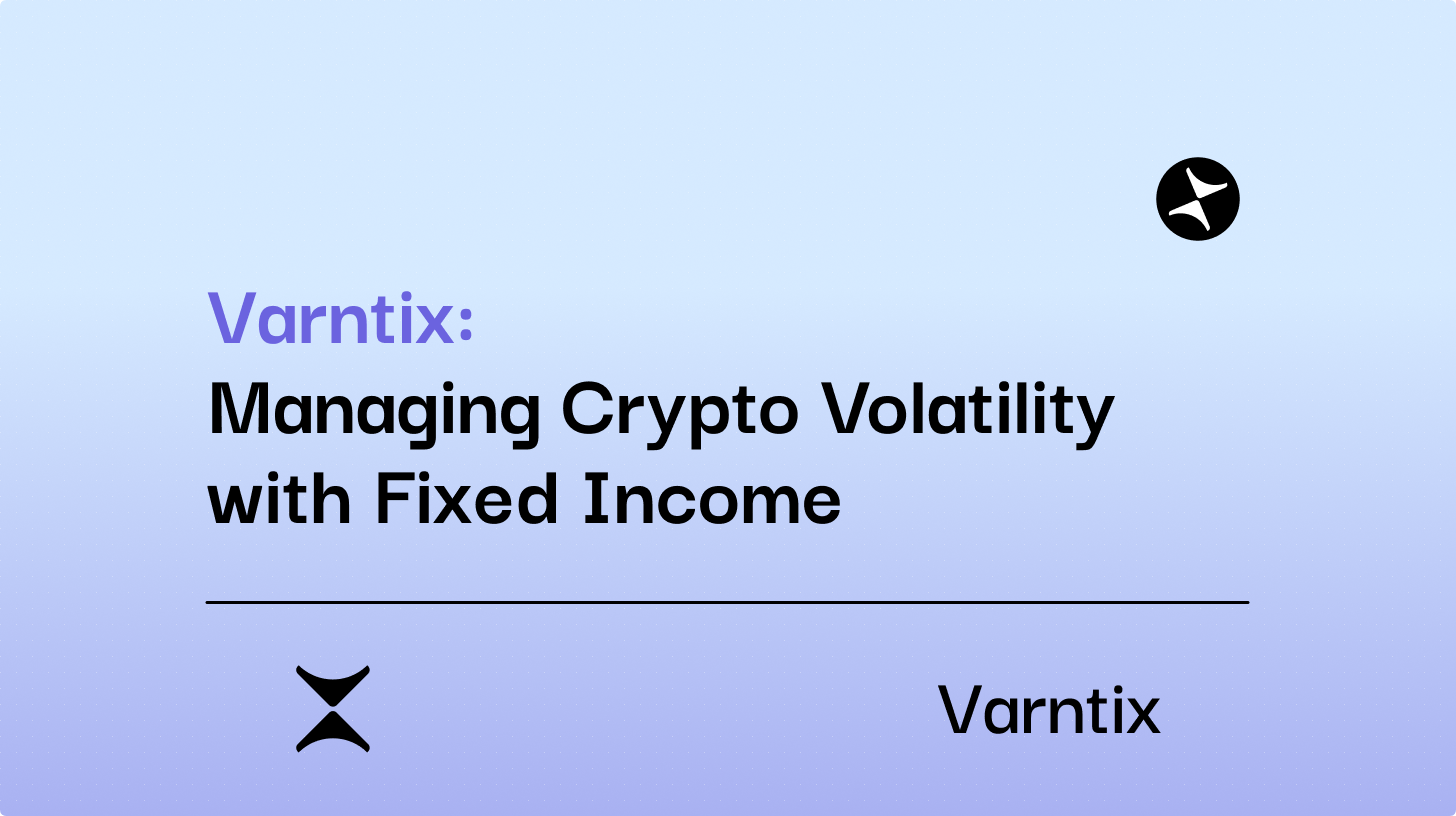Table of Contents
- An In-Depth Exploration of Cryptocurrency Wallets and Their Significance
- Understanding Crypto Wallets: Variations, Operations, and Revenue Models
- Defining a Crypto Wallet
- How Do Crypto Wallets Generate Income?
- Different Categories of Wallets
- A Detailed Examination of Hot Wallets
- The Pinnacle of Security: Cold Wallets
- Custodial Versus Non-Custodial Wallets
- The Nature of Custodial Wallets
- Exploring Non-Custodial Wallets
- Determining the Most Secure Wallet Type
- The Increasing Popularity of Self-Custody Wallets
- The Relevance of Self-Custody Wallets
- Seedless Self-Custody: Breaking New Ground
- Choosing the Ideal Web3 Wallet
- Security Measures
- Ease of Use
- Supported Cryptocurrencies
- Type of Wallet
- Custodial vs. Non-Custodial
- DeFi Platform Integration
- Backup and Recovery Solutions
- Community Reputation and Trust
- Cost Considerations
- Leading Choices for Web3 Wallets
- Hot Wallets
- Cold Wallets
- Tips for Enhancing Wallet Security
- The Critical Nature of Wallet Security
- Strategies to Improve Wallet Security
- Final Thoughts
- Common Questions About Crypto Wallets









